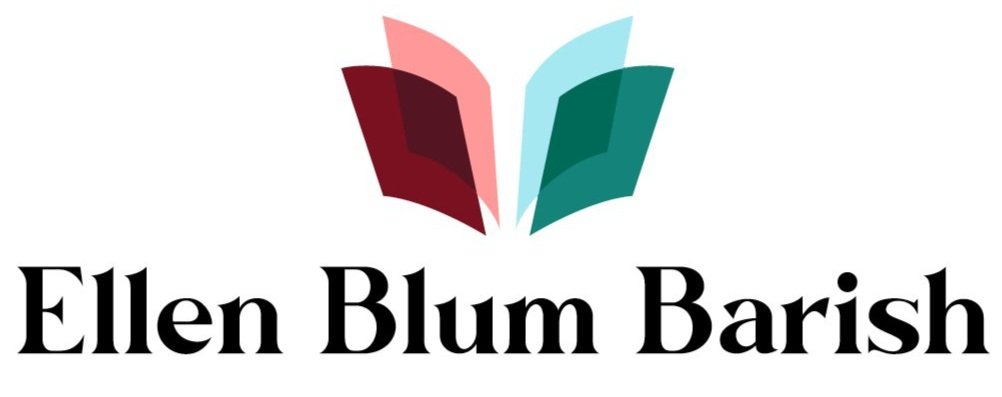A Story’s Line
Photo by Ellen Blum Barish
Fifth in my series on Ellen’s Eight Essential Elements
There are so many ways for a story to unfold. But if there isn’t a thread running through it, the whole thing falls apart.
Mostly, there’s one main thread, holding the story together like ones in a quilt. That’s the storyline. A single thread stitching the pieces into a whole.
Like that thread, if you can summarize your story in one sentence, you’ve got your story’s line.
In the book, movie and television business, these sentences are called loglines: the single-sentence synopsis of the narrative of your story.
Who are the main characters?
What is their conflict?
How do they move through the action?
It’s challenging enough to write a good story, but it’s really hard to write a story’s logline. Writers are so close to their material that it’s difficult to choose what to leave in or take out.
Here are some examples from some well-and-lesser-known loglines:
Breaking Bad: A high school chemistry teacher diagnosed with inoperable lung cancer turns to manufacturing and selling methamphetamine in order to secure his family’s future.
The Lion King: Lion prince Simba must grow into his identity when he and his father are challenged by Simba’s uncle, who wants to ascend the throne himself.
The Sopranos: After a string of anxiety attacks, a New Jersey mob boss seeks professional psychiatric counseling, a vessel for the dramatic issues in both his home and business life.
Seven Springs: A Memoir: A Mack truck speeds through a residential intersection and collides with a station wagon carrying a young girl and her friend on a ride home from school, shattering the girls’ realities and laying a blanket of silence over them until they reconnected at their twentieth high school reunion.
Notice that these loglines don’t tell us the end of the story. They mostly just provide the who and the what.
Storyline is the first of the big picture elements that include structure, theme and voice (Watch for the final three elements to come in August, September and October.)
The management of a storyline has value in our lives as well. Though it can be daunting to decide the direction of a story on the page, it can be liberating in life. Oh the possibilities! Every morning you can wake with a fresh approach that can reframe our storyline. A storyline that relies on an entirely new set of words.

